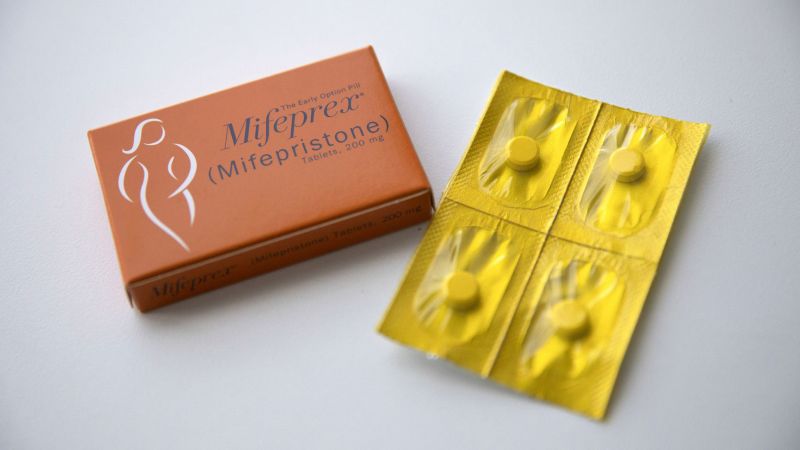Louisiana Republican Gov. Jeff Landry signed a bill categorizing the abortion-inducing drugs misoprostol and mifepristone as Schedule IV controlled dangerous substances, making them subject to the same regulations as narcotics and depressants. The law, which took effect immediately, criminalizes possession of the drugs without a prescription and distributing them without consent. Pregnant women with valid prescriptions are exempt from penalties, and doctors are allowed to prescribe the medications.
Those found in possession of mifepristone and misoprostol without a valid prescription could face felony charges punishable by up to five years in prison and fines of up to $5,000. In cases of distribution or possession with intent to distribute, the penalty is up to 10 years in prison and fines of up to $15,000. Louisiana already bans abortion without exceptions for rape or incest, making this law another restriction on reproductive rights in the state.
Mifepristone blocks the hormone progesterone needed for pregnancy to continue, while misoprostol causes uterine contractions to induce cramping and bleeding. Anti-abortion advocates and Republican lawmakers in Louisiana supported the bill as a measure to protect expectant mothers. However, critics argue that classifying these drugs as Schedule IV substances is unnecessary and could create barriers to accessing necessary care. The debate around the safety and regulation of medication abortion has intensified with the evolving political landscape.
State Sen. Thomas Pressly, the bill’s sponsor, defended the legislation by stating that it would not hinder legitimate medical reasons for prescribing or dispensing the drugs. Despite opposition from healthcare professionals expressing concerns over the reclassification, Pressly maintains that the provision will not harm healthcare for women. The legislation reflects the ongoing tensions between anti-abortion advocates and supporters of reproductive rights in Louisiana and beyond.
Medication abortion, which is the primary method of abortion in the United States, has become a contentious issue following the Supreme Court’s overturning of Roe v. Wade in 2022. The Supreme Court is currently reviewing a case challenging the FDA’s approval of mifepristone, with a decision expected by July. The reclassification of mifepristone and misoprostol in Louisiana adds to the national debate surrounding reproductive rights and access to abortion. This story highlights the complex and polarizing nature of abortion laws and regulations in the current political climate.


